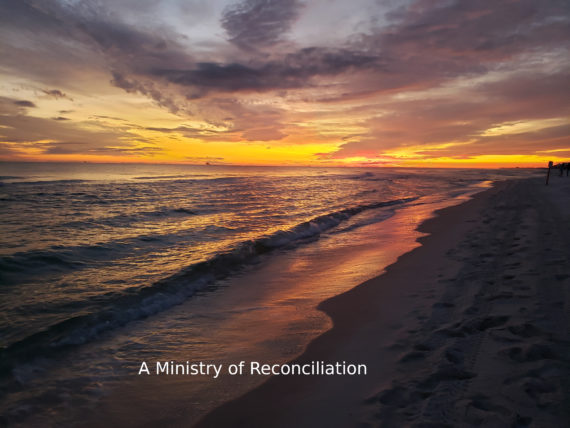Christians are Ministers
Luke 3:23 says, “Jesus, when he began his ministry, was about thirty years of age…”
Let me ask you a couple of questions.
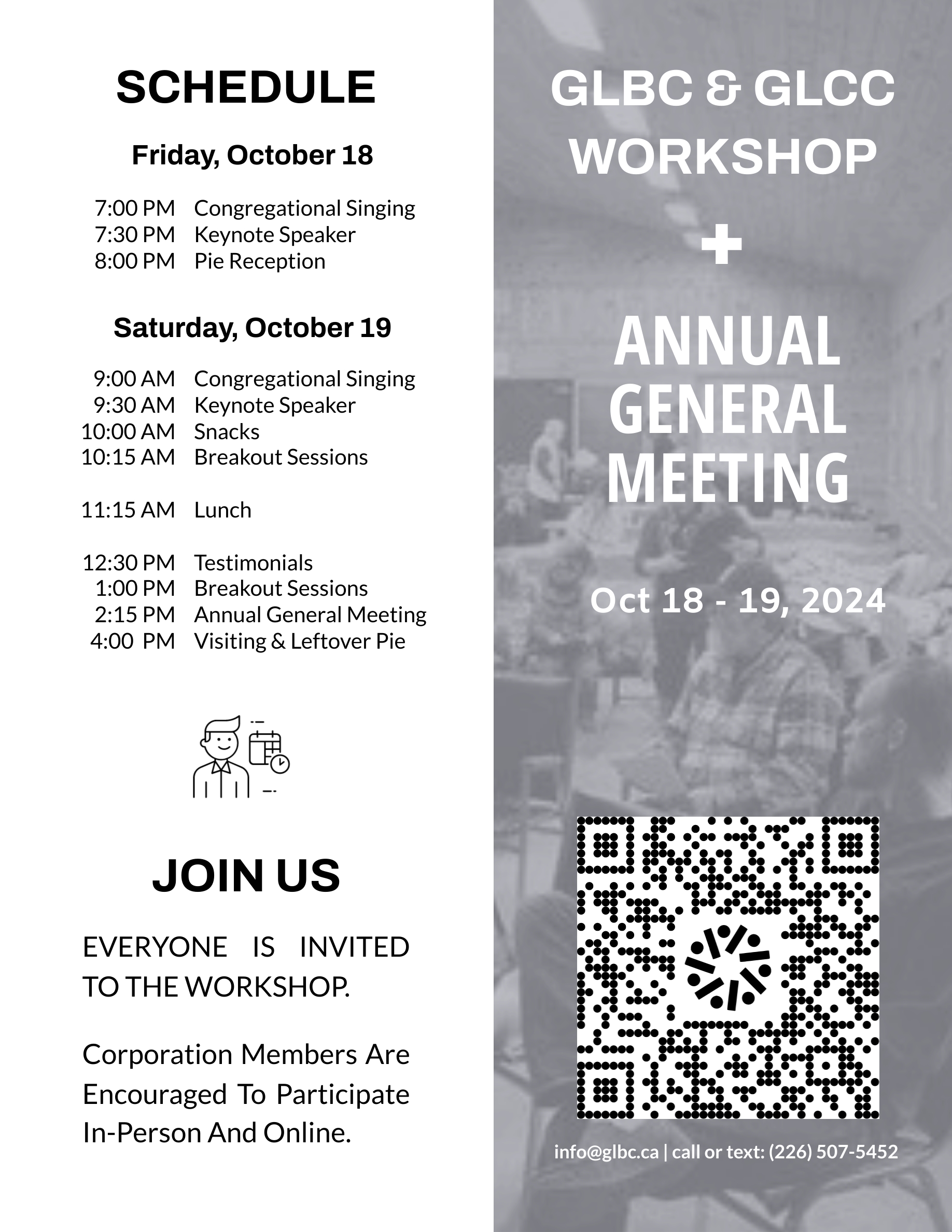

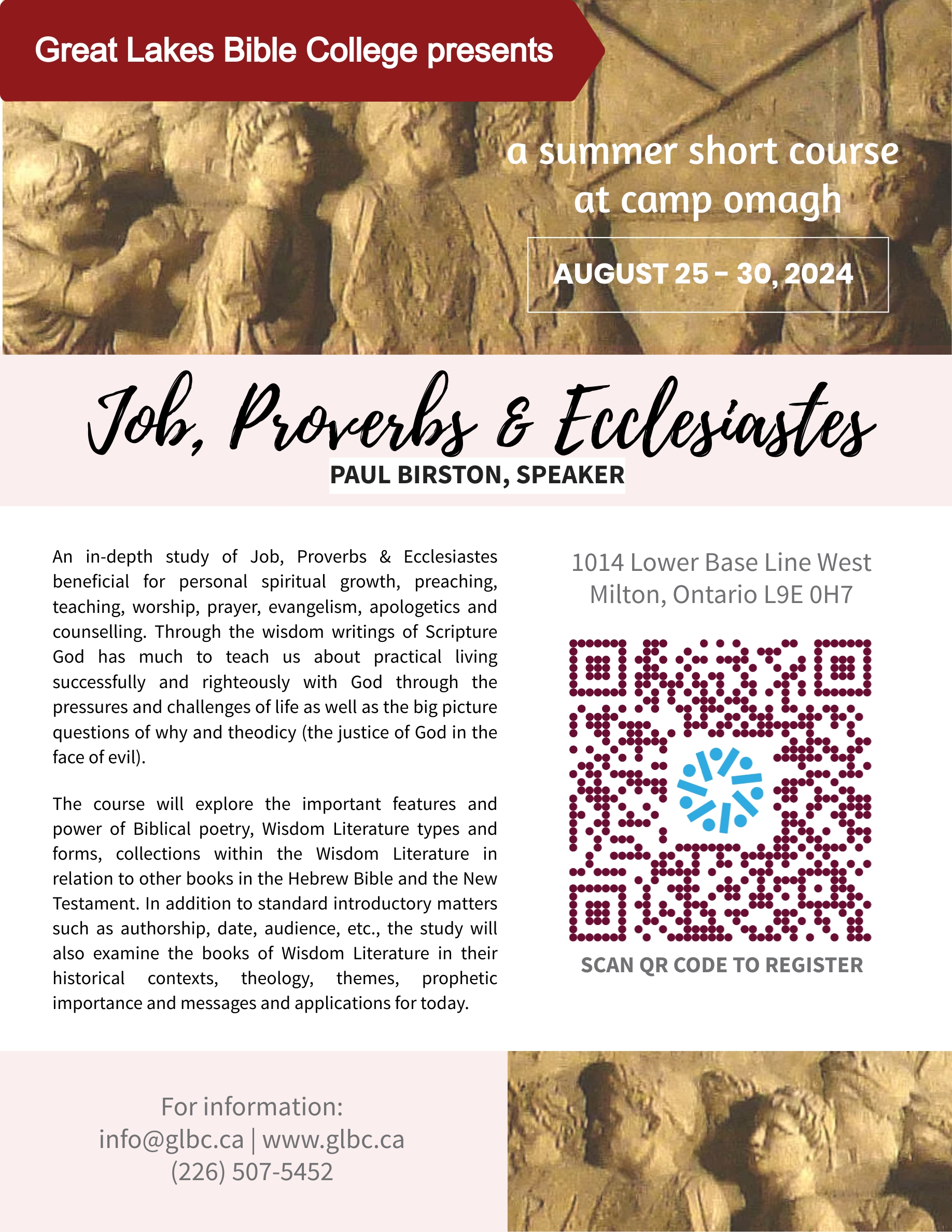

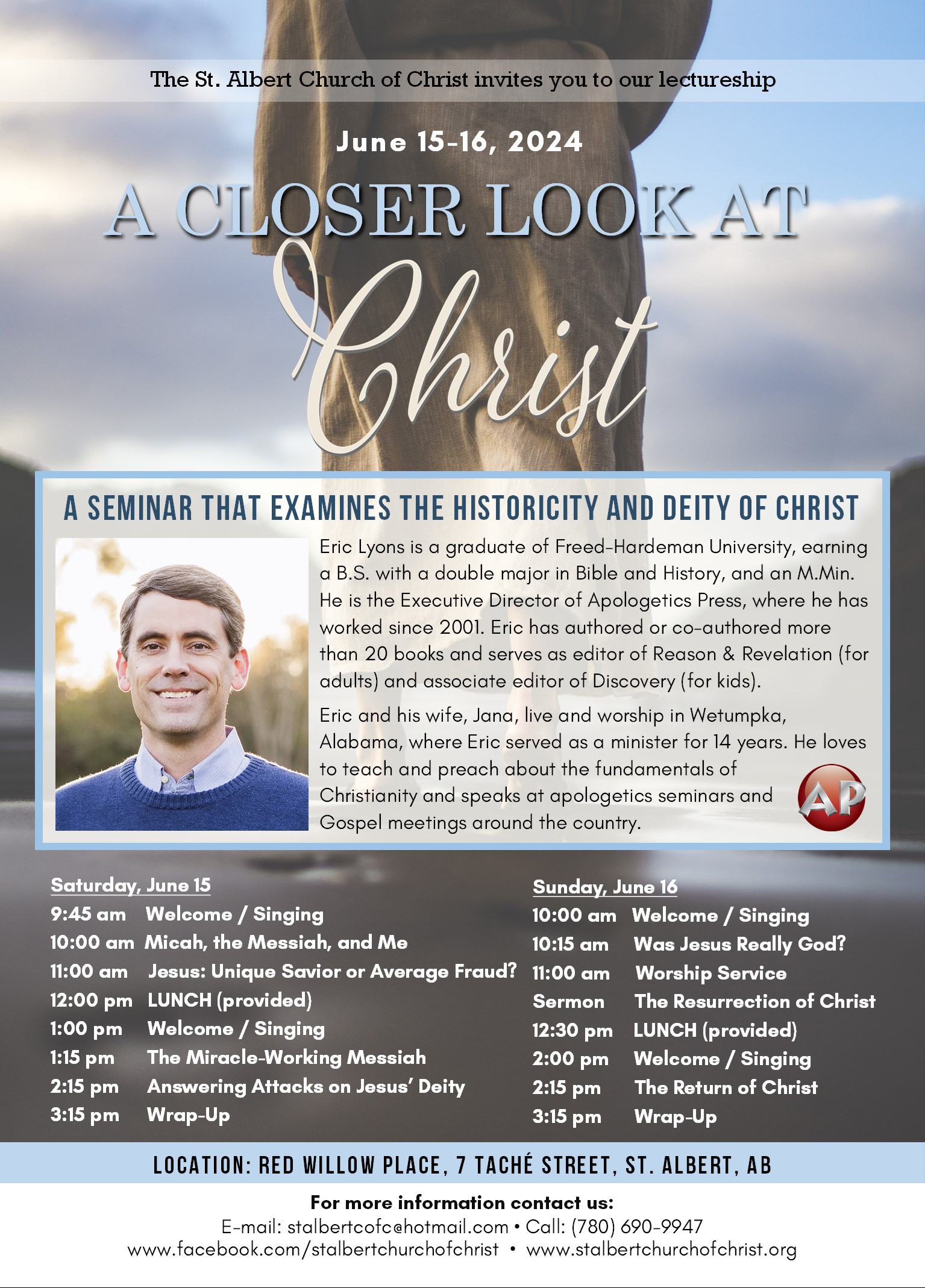

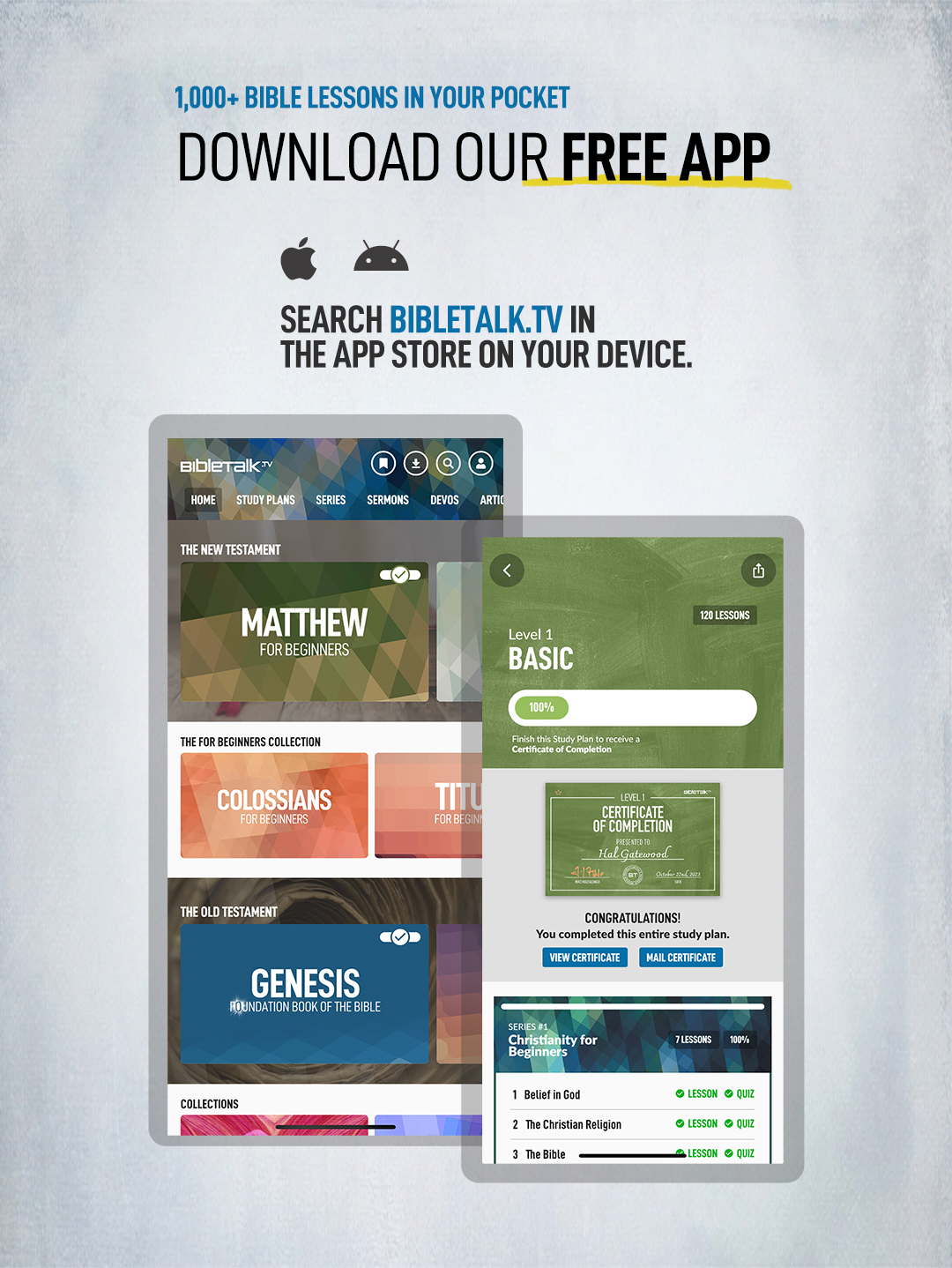






How old were you when you began your ministry? What is your ministry?
We often mistakenly act like someone must be on staff somewhere to have a ministry. The truth is, every Christian should be a minister with a ministry. Eph. 4:11-12 says that one of the reasons we have been given official church leaders is “to equip the saints for the work of ministry.” Every Christian should see themselves as a minister and a missionary in their area.
The Bible is filled with encouraging examples of normal Christians like you and I letting God use them for amazing things.
One example is in Acts chapter 9 where we read about a sister named Dorcas. Her ministry involved being “full of good works and acts of charity.” She was so important that when she died, the people in her area wouldn’t let her stay dead. They sent for Peter and asked him to heal her. When Peter raised her from the dead, “it became known throughout all Joppa, and many believed in the Lord.” Dorcas’ ministry of good works and charity coupled with Peter’s ministry of healing led to the Gospel being spread. Not to over-simplify it, but to see the simple beauty: Because Dorcas made some pants, Peter got to preach the gospel of reconciliation and souls were saved. Dorcas had a powerful ministry.
2 Cor. 4:7 says, “…we have this treasure in jars of clay, to show that the surpassing power belongs to God and not to us.” How do you use your jar of clay to minister for God?
A ministry of reconciliation
Jesus commissioned his followers in Matthew 28:19-20 to
“19Go therefore and make disciples of all nations, baptizing them in the name of the Father and of the Son and of the Holy Spirit, 20 teaching them to observe all that I have commanded you. And behold, I am with you always, to the end of the age.”
When we become Christians, we are a fulfillment of that commission. And when we do what they commanded, we are a part of that commission. We are to take the gospel as we go, wherever we go.
Each Christian has this privilege and this responsibility.
In the book of 2 Corinthians this command is laid out as a ministry of reconciliation.
2 Cor. 5:17-20 says:
“Therefore, if anyone is in Christ, he is a new creation. The old has passed away; behold, the new has come. 18 All this is from God, who through Christ reconciled us to himself and gave us the ministry of reconciliation; 19 that is, in Christ God was reconciling the world to himself, not counting their trespasses against them, and entrusting to us the message of reconciliation. 20 Therefore, we are ambassadors for Christ, God making his appeal through us. We implore you on behalf of Christ, be reconciled to God.”
When we were reconciled with God through Christ, we were given a ministry of reconciliation, we were entrusted with the message of reconciliation, and we are to be ambassadors for Christ. (See also 2 Cor. 6:3 and 2 Cor. 9:1-2; 10-15).
Who do we Reconcile to God?
Us to God
The first person we need to reconcile to God is ourselves. We do this initially in our conversion, but also continually as we progress in our walk (1 John 1:9). As we try to gently restore our brethren, we also have to keep a watch on ourselves (Gal. 6:1). When we were lost we had set ourselves up as enemies of God, but “now that we are reconciled, shall we be saved by his life…” (Rom. 5:10). Our primary goal is to stay reconciled, or “walk in the light.” (1 John 1:7).
We were lost. Jesus came to reconcile us to God. We want to stay reconciled, or “to continue in the grace of God.” (Acts 13:43).
Others to God
We want to share the reconciliation we have with other people (Rom. 5:11, Eph. 4:15.)
We want to share the gospel with the non-Christian. Jesus came to “seek and save the lost” (Luke 19:10), and His people want to do the same. We want to be the “fishers of men” that the early disciples were (Matt. 4:19).
While sharing the gospel may look like going across the world, it may also look like going across the street, because we want to reconcile former brothers and sisters who have fallen away.
James 5:19-20 says, “19 My brothers, if anyone among you wanders from the truth and someone brings him back, 20 let him know that whoever brings back a sinner from his wandering will save his soul from death and will cover a multitude of sins.” Gal. 6:1-2 says, “Brothers, if anyone is caught in any transgression, you who are spiritual should restore him in a spirit of gentleness. Keep watch on yourself, lest you too be tempted. 2 Bear one another’s burdens, and so fulfill the law of Christ.”
We were lost. Jesus came to reconcile us to God. Now we share a message of reconciliation with those who have never known Jesus and those who have walked away.
Us to Others
We want to reconcile ourselves to our brethren.
In Matthew 5:22-24 Jesus prioritizes reconciliation over worship. It’s not a competition between the two, but our worship isn’t right without reconciliation. Jesus says, “But I say to you that everyone who is angry with his brother will be liable to judgment; whoever insults his brother will be liable to the council; and whoever says, ‘You fool!’ will be liable to the hell of fire. 23 So if you are offering your gift at the altar and there remember that your brother has something against you, 24 leave your gift there before the altar and go. First be reconciled to your brother, and then come and offer your gift.”
Jesus expounds upon this in Matthew 18:15, where He says, “If your brother sins against you, go and tell him his fault, between you and him alone. If he listens to you, you have gained your brother.”
I know we believe these verses, but do we obey them?
Here is a test: Name a time when you have done this.
Scripture is full of examples of people being reconciled to each other. Every scenario imaginable is given, and with each, a solution of reconciliation.
With Jacob and Esau, Jacob was wrong (Gen. 27) but eventually showed humility (Gen. 32:3-4). With Joseph, his brothers were wrong, but Joseph was still willing to fix it (Gen. 50:20). Onesimus seems to have been wrong (Phile. 1:11), and Paul asked Philemon for forgiveness and love (Phile. 1:8-10, 17).
When Paul tried to join the disciples as a new Christian, they did not believe him and were afraid of him (Acts 9:26). It was Barnabas that served as a minister of reconciliation and gave him acceptance among the group (Acts 9:27-30). Later, when Paul and John Mark had a disagreement, it was Barnabas who worked with John Mark to keep him involved in the ministry. At the end of his life, in the last Biblical letter he would write, Paul says, “Get Mark and bring him with you, for he is very useful to me for ministry.” Where there was once division, now, reconciliation.
Reconciliation may look like going across the world, going across the road, or going across the auditorium.
We were lost. Jesus came to reconcile us to God. Now we practice a ministry of reconciliation with our brothers and sisters, making sure that we are in fellowship with everyone that is in fellowship with God.
Your Ministry of Reconciliation
Each of us has a multi-faceted ministry of reconciliation. We are asked to save ourselves (Acts 2:40, Phil. 2:12), the lost (1 Tim. 4:16, Jude 1:21-23), our former brothers and sisters in Christ (James 5:19-20), and our relationships with the saved (Matt. 5:22-24, Matt. 18:15).
How old were you when you started your ministry?
Matt Wallin
House to House Heart to Heart
Email: matt@housetohouse.com

